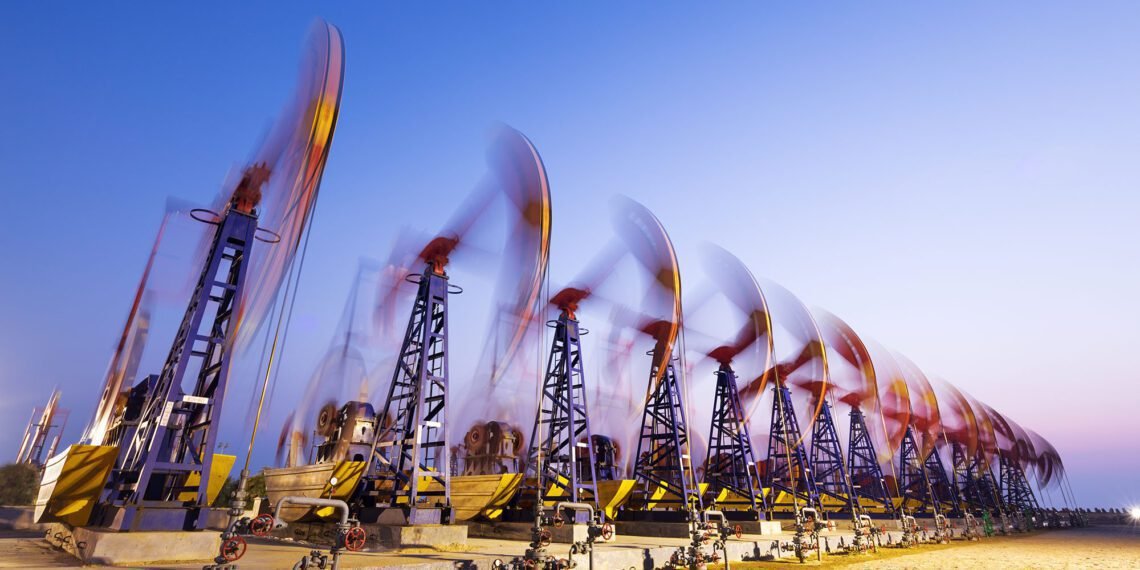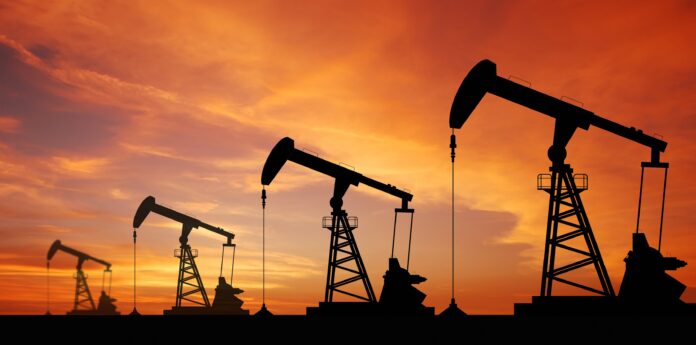Taking into account the country’s current and projected energy demands, the governing coalition government has aligned its policy to attain energy independence in the oil and gas industry by increasing exploration activities to exploit indigenous resources in areas with promise.
Under the energetic leadership of Prime Minister Shehbaz Sharif, the Petroleum Division has made significant measures to find a sustainable solution to energy scarcity and reduce reliance on imported fuel by promoting investment in the oil and gas sector. During its first six months in office, the government not only reinstated 11 revoked licences of various exploration and production (E&P) corporations, but also received transparent bids for the granting of 14 new exploration blocks. With the awarding of new E&P blocks, the country would receive over $92.8 million in investment over the course of three years, in addition to the use of over $1.2 million in funds by successive E&P companies under the Corporate Social Responsibility (CSR) initiative to carry out welfare activities in the communities surrounding their oil and gas production fields.
Existing hydrocarbon reserves are depleting at a rate of approximately 10% per year because E&P companies have been unable to produce a large discovery for a very long time.
With the reinstatement of the revoked E&P licences and the awarding of new exploration blocks, it is hoped that the businesses will expedite their drilling activities to utilise the country’s true indigenous resource potential.
A senior official with knowledge of petroleum sector developments told APP that the government was aware of the current oil and gas supply situation and has made adequate preparations to meet the country’s requirements.
On the orders of Prime Minister Shehbaz Sharif, the daily monitoring of the supply of petroleum products and gas to consumers was stated.
The administration had made timely plans to acquire additional Liquefied Natural Gas (LNG) cargoes in preparation for the busiest winter season, according to him. Dr. Musadik Malik, Minister of State for Petroleum, stated that the government has secured more gas for the months of November, December, and January compared to the same months the previous year. Qatar has also secured additional LNG shipments for the months of January and February.
He stated that a Gas Framework Agreement with the Azerbaijani trading company SOCAR was close to being finalised for the acquisition of ‘distressed’ LNG cargoes from the international market at the lowest price.
Musadik Malik stated that the Sui firms had been instructed to ensure gas supply, particularly during ‘breakfast, lunch, and dinner’ preparation times, i.e. 6 to 9 a.m., 12 to 2 p.m., and 6 to 9 p.m.
He stated that the Petroleum Division was observing an effective monitoring system for commodities demand and supply, but that inadequate infrastructure was causing a gas pressure issue in remote locations, which was being resolved. In order to close the gap between demand and supply, the minister stated that gas companies were supplying more than 20,000 tonnes of Liquefied Petroleum Gas (LPG) per month in regions where gas-pressure concerns and shortages were prevalent. Sui Northern Gas Pipelines Limited (SNGPL) has for the first time opened LPG cylinder outlets in areas experiencing natural gas shortages.
The minister stated that the government was aware of the relevance of the industrial sector’s energy consumption to economic stability, exports, and employment.
He said, “We are reaching out to all [potential] countries for purchasing gas via pipelines or Liquefied Natural Gas (LNG) cargoes to meet the ever-growing gas demand.”
He emphasised the need of harnessing the country’s indigenous oil and gas resources and stated that two new policies pertaining to tight gas and the revitalization of ancient hydrocarbon wells were being developed.
According to him, Russia had agreed in principle to provide Pakistan with discounted crude oil, gasoline, and diesel. We believe that the light crude oil that will be imported from Russia will play a major role in lowering energy prices.
In addition, Pakistan has begun negotiations with Russian commercial and public sector organisations for the procurement of Liquefied Natural Gas (LNG) to meet our energy requirements.
Adding to the plan was the expedited construction of the Pakistan Stream Gas Pipeline, also known as the North-South (Lahore-Karachi) Gas Pipeline, and a second “huge gas pipeline” to obtain the commodity from Russian hydrocarbon resources.
A Russian intergovernmental mission, led by the Energy Minister, would travel to Pakistan the next month to advance oil and gas sale-purchase agreements between the two nations.
The country’s domestic gas output varies from 3.5-7 billion cubic feet per day (BCFD) compared to the demand of 8 billion cubic feet per day (BCFD), making it difficult for any government to efficiently meet the needs of the home, commercial, and industrial sectors. The demand-supply gap is being closed by increasing imports of Liquefied Natural Gas (LNG) and Liquefied Petroleum Gas (LPG) and by intensifying hydrocarbon exploration efforts by awarding new blocks to E&P businesses.
A Petroleum Division official expressed optimism, stating that Allah Almighty blessed the country with abundant natural resources, which, if developed, will lead to complete energy independence and national wealth. “A light is at the end of the tunnel. We simply need to move in the proper way with resolve.”





